Robby Starbuck has been taking a stand against the DEI (Diversity, Equity, and Inclusion) policies of major American corporations, claiming significant influence over their decisions.
Recently, he highlighted that Molson Coors made adjustments to its DEI strategies after he indicated that an exposé might be forthcoming. He made this announcement via a post on X, drawing attention to his role in influencing corporate America.
Impact on Prominent Brands
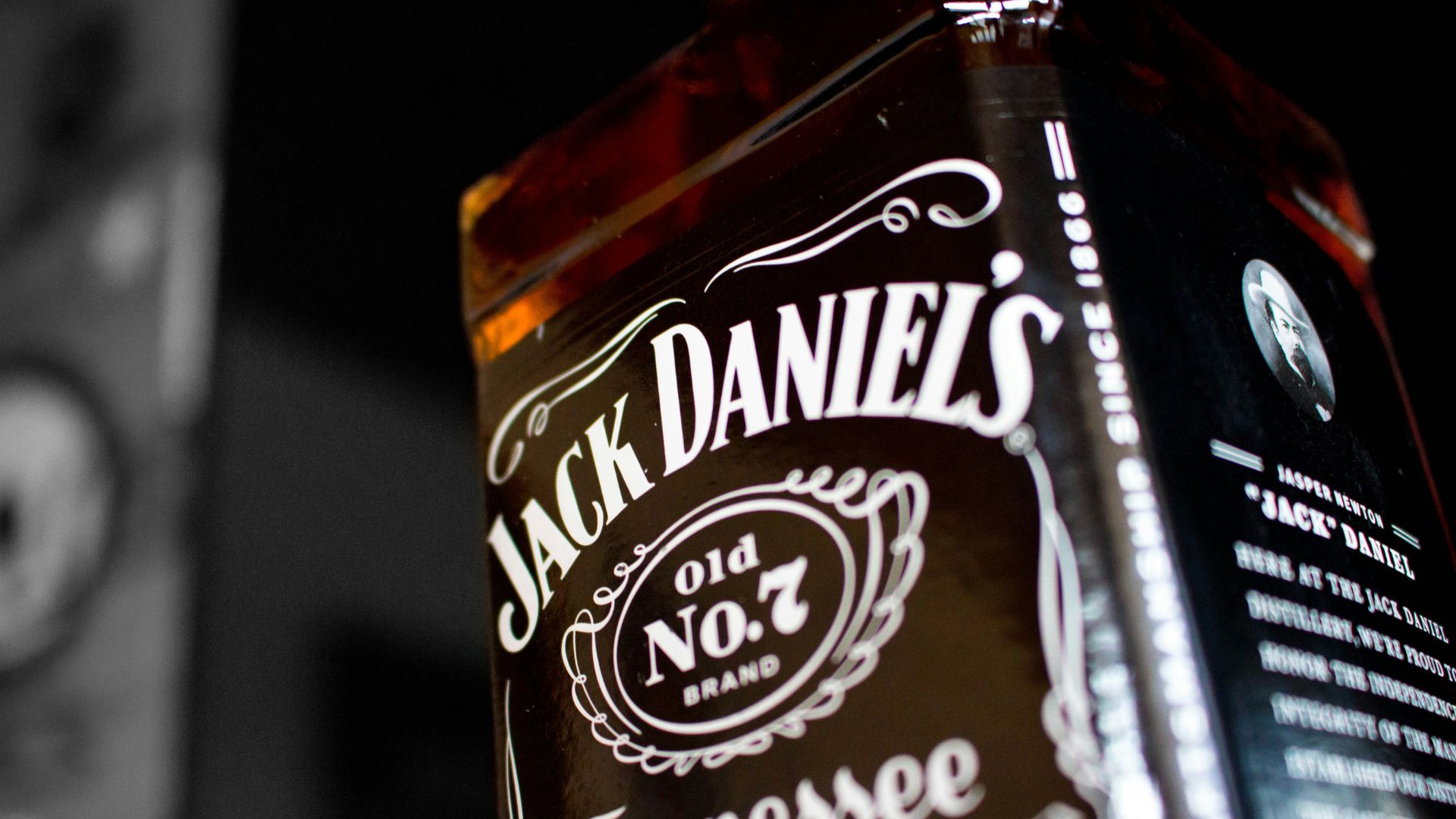
The effects of Starbuck’s activism are visible across various major brands.
Following his critique, companies like Jack Daniel’s have revisited their DEI policies. This trend of re-evaluating DEI initiatives under external pressure is becoming more common among large corporations, which are now reconsidering their strategies in response to his challenges.
Ford’s DEI Revisions
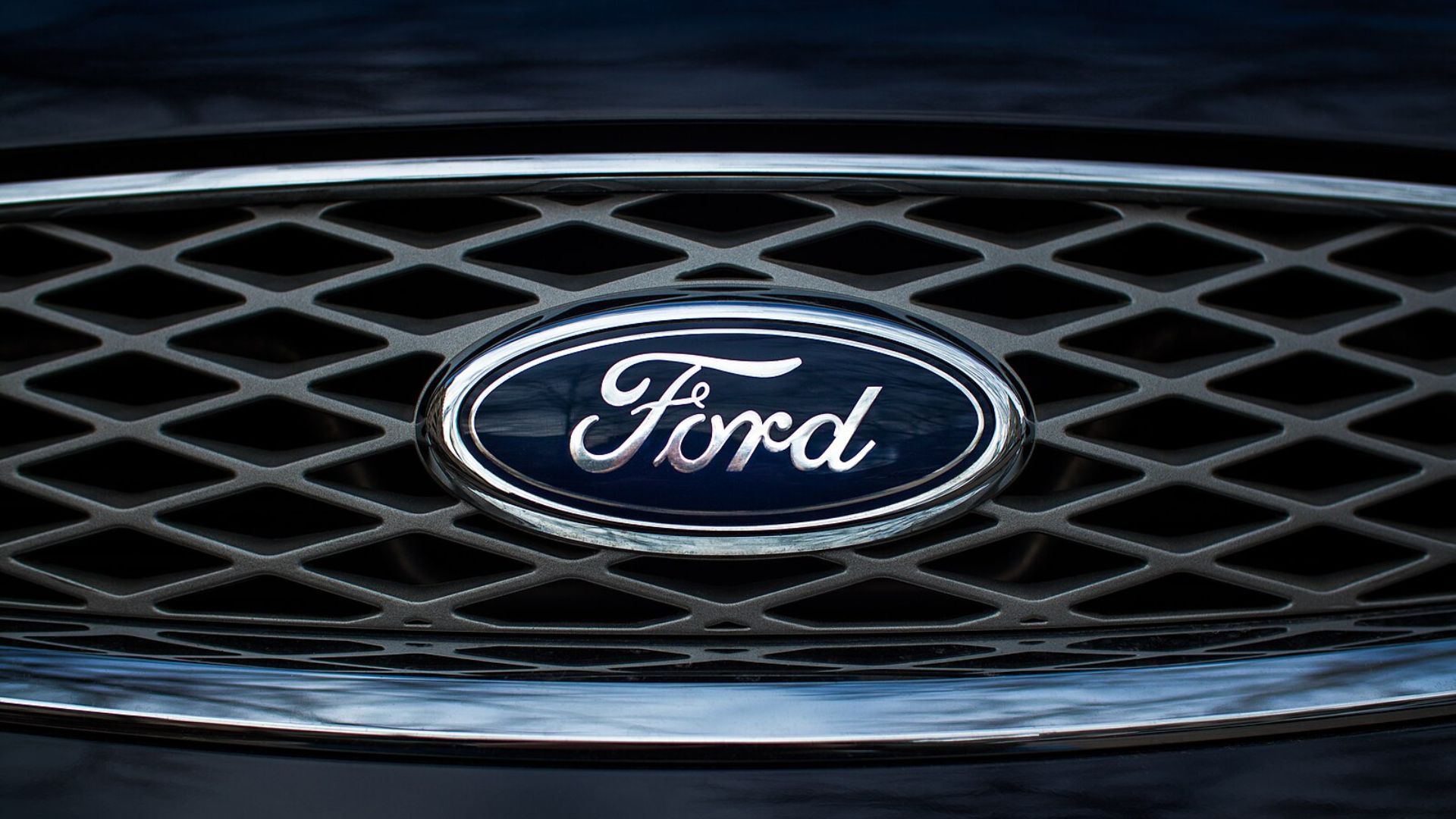
In a similar vein, Ford Motor Company recently announced its decision to scale back on its DEI initiatives. The automotive giant has decided to move away from implementing diversity quotas.
This decision reflects a broader trend of companies reassessing their commitment to these policies under external scrutiny and public discourse.
Lowe’s Corporate Adjustments
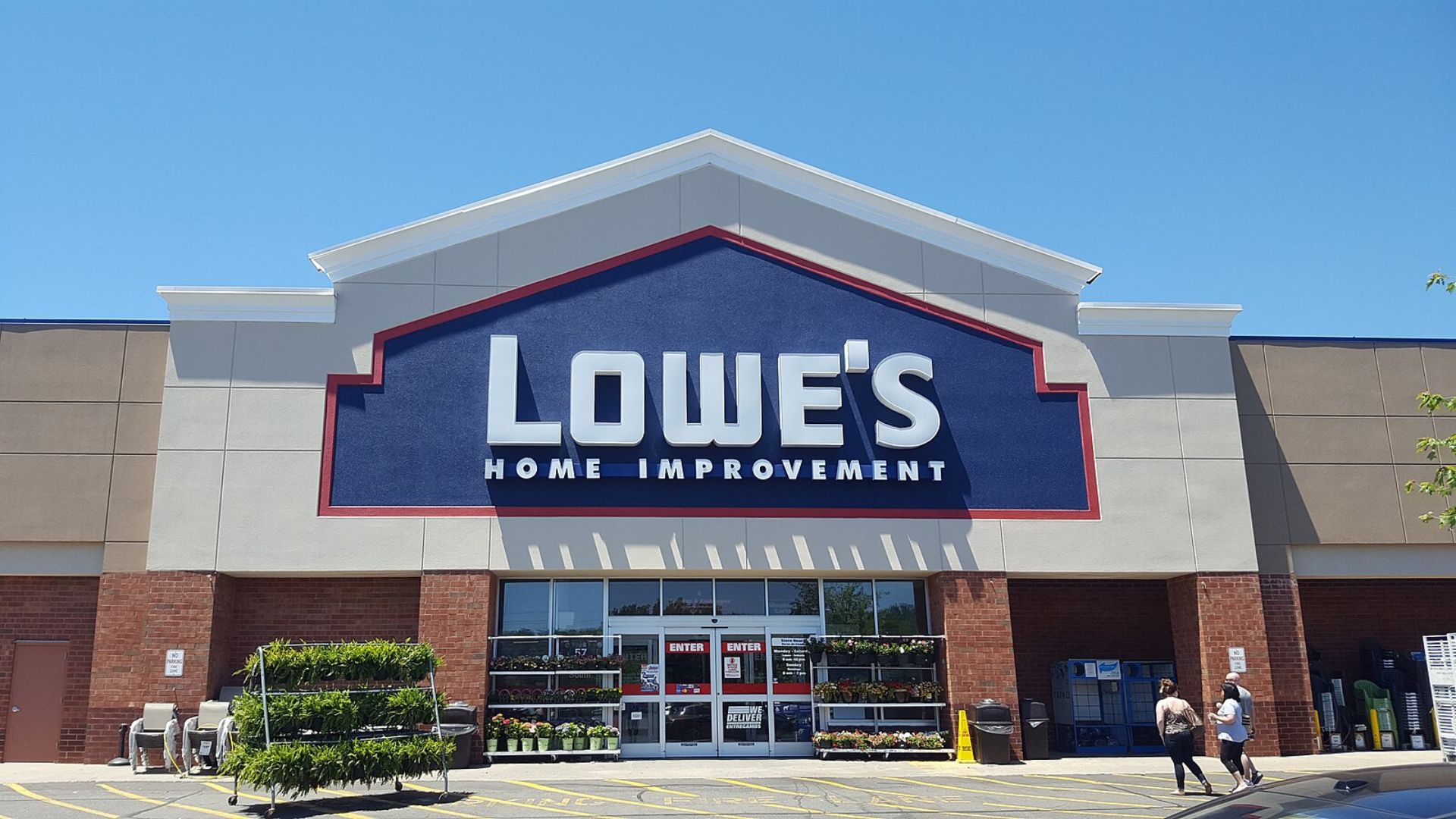
Lowe’s has also responded to pressure by making significant changes to its DEI engagement. The company has consolidated its identity-based employee resource groups into a single entity and has withdrawn from participating in LGBTQ+ parades.
These changes were made following warnings from Starbuck about the potential misalignment with broader customer values.
Starbuck on Corporate-Customer Alignment
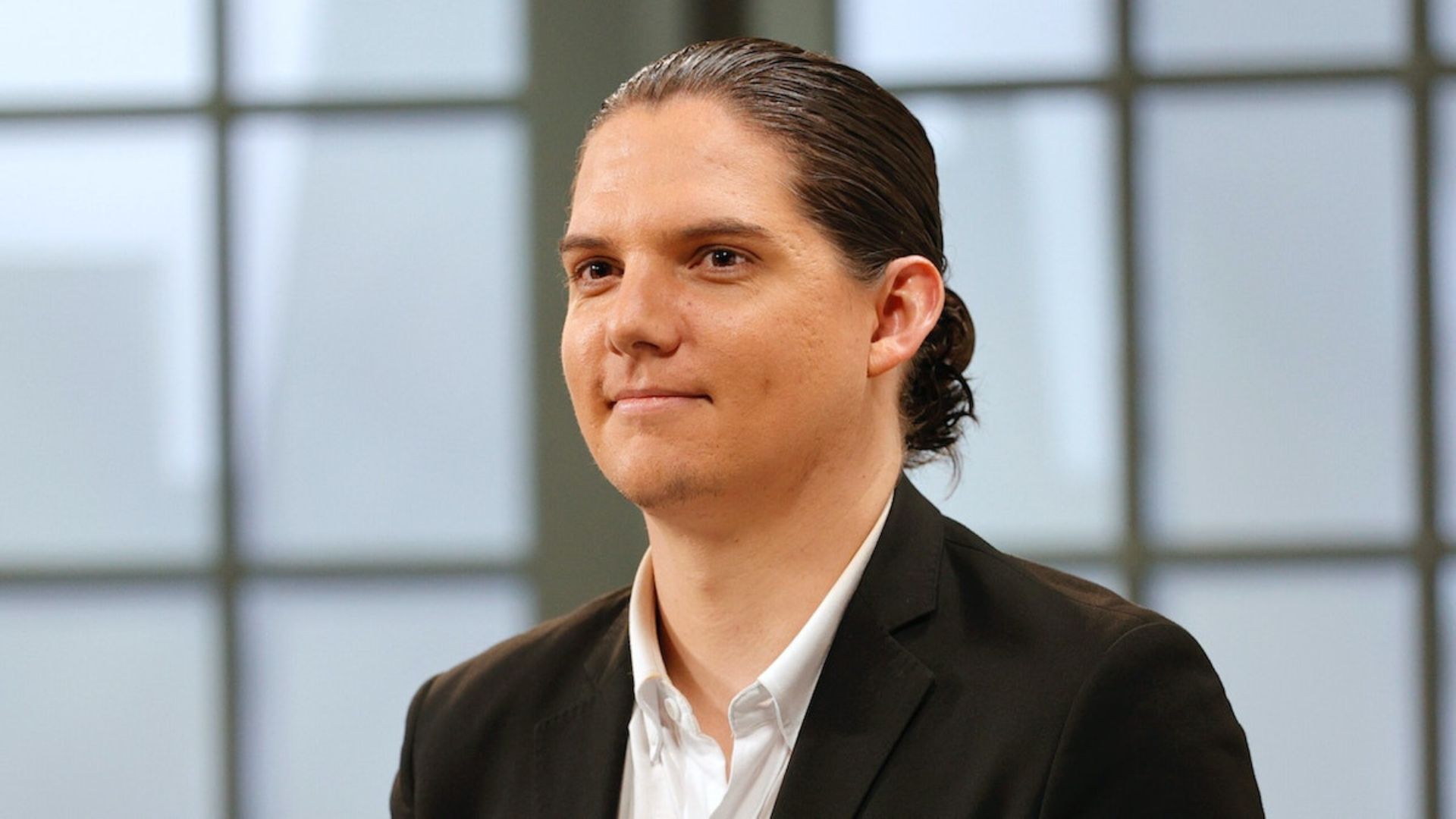
Starbuck stresses the importance of companies being in alignment with their customers to avoid losing business to competitors.
“You have to be in alignment with your customers — [otherwise,] if someone else is, they’re going to eat your lunch,” he said.
A Shift from Hollywood to Activism
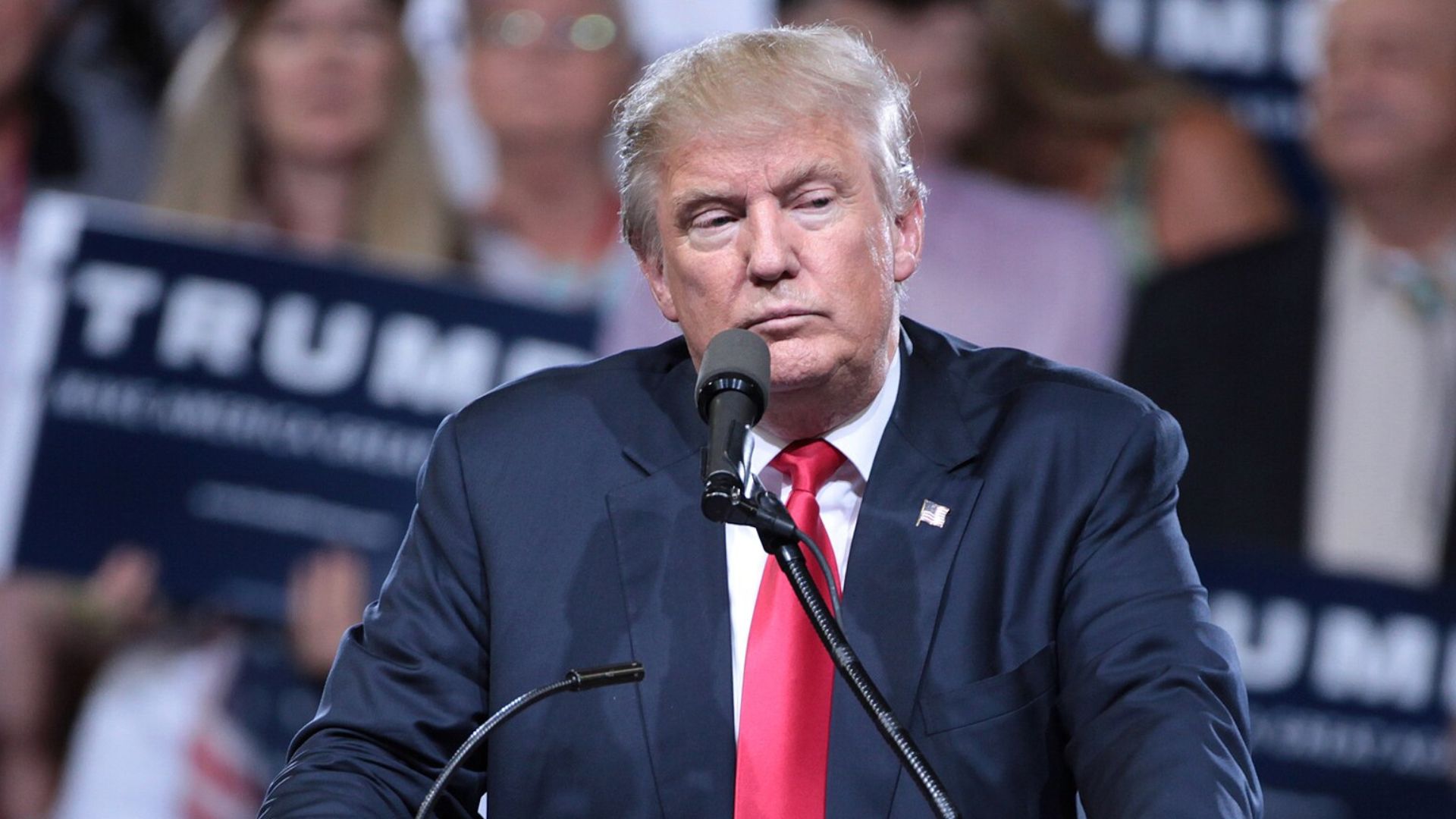
Previously a successful music video director, Starbuck shifted his career path dramatically after endorsing Donald Trump in 2015, which led to losing 80% of his clients.
This loss propelled him to leave Hollywood and adopt a full-time role as a conservative activist, criticizing what he sees as pervasive ‘woke’ culture in corporate and public sectors.
Critique of Corporate DEI Initiatives

During the social unrest of 2020, Starbuck’s opposition to DEI initiatives intensified.
He described these corporate policies as “fascist” and expressed concern that many companies implemented them out of fear of being labeled racist. His activism is aimed at highlighting and reversing what he perceives as coercive ideological practices within major corporations.
Using Social Media to Influence Companies

Starbuck actively uses social media to expose and critique companies that implement DEI policies he disagrees with.
His online campaigns often result in significant public backlash against these corporations, leading to reversals of policies and practices that he targets. His method involves publicizing these policies to his followers, inciting widespread opposition.
Harley-Davidson’s Policy Reversal

Following a campaign by Starbuck, Harley-Davidson reversed its DEI programming and dropped diversity standards with its suppliers.
The company later expressed sadness over the negative reactions on social media, which it described as divisive. Despite this, Starbuck views his actions as beneficial in curbing divisive corporate ideologies.
Tractor Supply’s Realignment

Starbuck’s influence was also felt at Tractor Supply, which cut all DEI roles and shifted its corporate focus towards supporting rural America’s priorities like animal welfare and veterans’ causes.
The company stated its commitment to being a good neighbor, reflecting a strategic move to realign with its core customer base.
Companies Proactively Changing Policies

Observing the trend, Starbuck noted that enough companies have seen others suffer from public backlash that they are now proactively changing their DEI policies before coming under his scrutiny.
This preemptive action by companies indicates a growing awareness of the potential negative impacts of controversial DEI practices.
Starbuck’s Goal for Politics-Free Workplaces

Ultimately, Starbuck’s goal is to remove politics from the workplace entirely. He advocates for a professional environment where personal and political identities do not influence business operations.
“Work is about work. It’s not about who you want to have sex with. It’s not about what your skin color is. It’s not about who you vote for,” he explained. His campaign continues to focus on ensuring that work remains neutral and focused solely on professional achievements.
